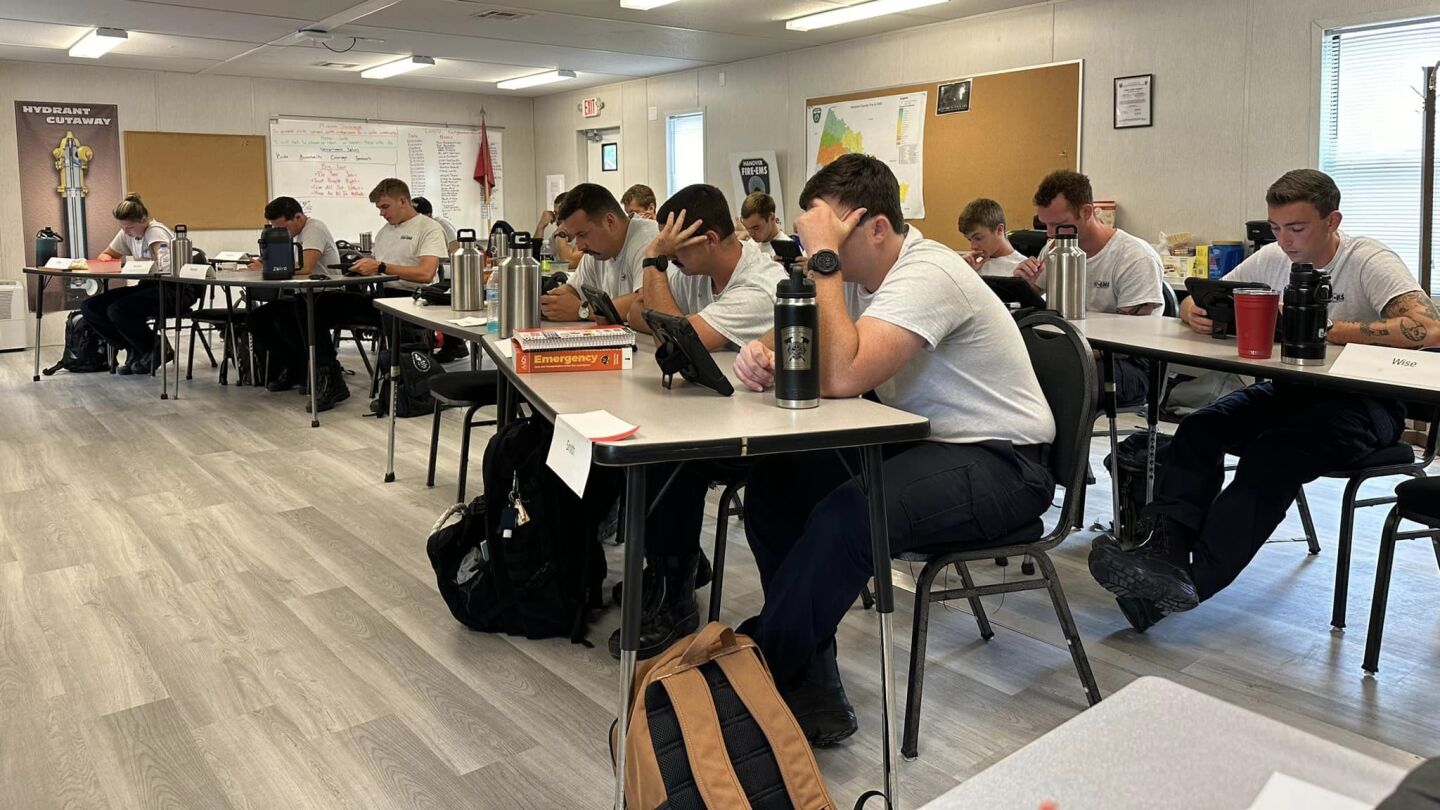EMS Training and Education
Your go-to resource for evidence-based EMS training, continuing education, instructor development and industry innovation. Find expert articles, videos, product reviews and specialized resources to support EMTs, paramedics, medical directors and educators. Stay current on instructor best practices, CEU requirements, virtual training trends, simulation strategies and educational policy affecting prehospital care.
EMS Training and Education Resources
Practical, authentic ways to show gratitude and strengthen community ties with the people who respond first when it matters most
5 tips to quickly find a patient’s radial pulse for vital sign assessment
Educating patients at the highest risk for suffering a fatal overdose
Ed Racht previews new AHA CPR/ECC guidelines and how lessons from SCA can save lives in overdose, bleeding and drowning — just in time for CASSummit 2025
When it feels like gravity is working overtime, learn the skills and mindset to handle fall calls with confidence and compassion
Why we need to build active bystandership cultures in emergency services
Lawrence County EMS completed the accreditation process and will begin classes in 2025
Use “when-then” thinking to prepare for the unimaginable
When it comes to threats on scene, train your internal response to work for you, not against
Steve Whitehead shows you how to use the device that simplifies those difficult breaks and dislocations
Learn about two of the most common NMBAs used in EMS and how each impact intubation decisions during advanced airway management
A new study highlights the benefits of the drug to treat opioid-related OHCAs
Learn what to look for, including an extra notch within the T-wave, to identify atrial tachycardia
Limit turnover and improve a toxic culture by investing in leadership development
Mayo Clinic Ambulance Service’s paid EMT-in-Training program removes the fear of having a career change and not being paid
Put yourself in the patient’s position to gain an understanding of how their fear may complicate your interventions
UC Davis Health researchers found an association between the use of naloxone and both the return of spontaneous circulation and survival to hospital discharge
Use the chronological approach to tell a vivid story about a patient encounter, the care provided and your competence as an EMS provider
To lead and inspire an EMS team, motivation must first come from within
Because most EMS providers infrequently encounter sick pediatric patients, it is important to regularly refresh knowledge of anatomy, pathophysiology and life-saving treatments
Live in-person special topics workshops for first responders, family members, and first responder clinicians
Military medics at the University Medical Center benefit from the opportunities to treat serious injuries under supervision
The John Wesley Foster Act requires schools to have mandated training, AEDs and response plans
Nine new EMTs completed a 12-week paid training program launched earlier this year
Lessons learned from a fatal duck boat incident in Table Rock Lake, near Branson, Missouri
When good people get involved in high-risk, low-frequency events, you are much more likely to make a mistake; listen to learn why ongoing training is key for responders
In this episode, our co-hosts discuss EMS1 columnist Todd Bowman’s latest article focused on building confidence in new providers
The Goshen Fire Department is participating in a two-year program for high school students who want to be firefighters and EMTs
Simulation training from the Chippewa Valley Technical College helps Eau Claire firefighters improve their EMS skills
The Microsoft/CrowdStrike failure exposed glaring vulnerabilities to our systems and now serves as a critical reminder to train on contingency plans
Actionable insights for overcoming EMS workforce challenges and achieving career success
If you want to keep people around, invest in them in these three ways
The Northeastern Junior College’s ambulance was wrapped in memory of a resident who donated 10% of his estate; NJC hopes to launch its paramedic program in the fall
Students, including budding EMTs and nursing assistants, will learn higher-level patient treatment skills in the TMC Health Simulation Lab
You can never be too prepared for the NREMT
“Allowing trained EMTs and paramedics to continue doing their jobs as they proceed through the licensing process is a common-sense policy change that will have a major impact”






































